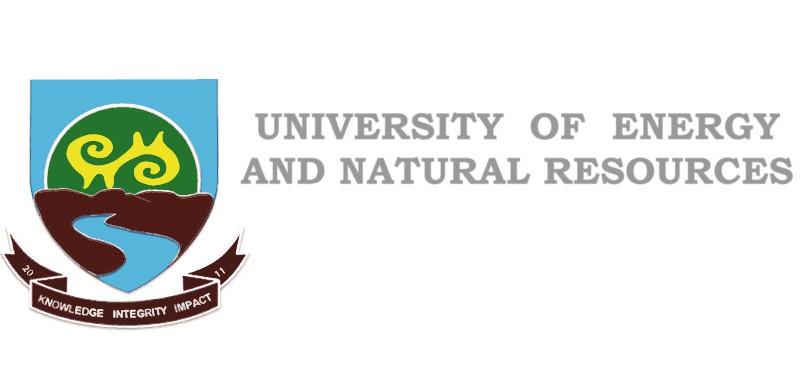The University of Energy and Natural Resources (UENR) has developed an information system that will alert the Ghana National Fire Service (GNFS) to fire outbreaks for prompt response.
It was developed by the Earth Observation Research Centre of the university and officials of the centre said the system would provide the GNFS with information on fire monitoring, detection and alerting through the use of a satellite.
Known as the Advanced Fire Information System (AFIS), the technology, which was developed in partnership with some international organisations, also has the capacity to detect and predict wildfires in the entire West African sub-region.
Last Tuesday, officials of the university held talks with the management of the GNFS to fine-tune moves to link up the system with the information and communications technology (ICT) platform of the GNFS.Â
The technology is said to be the first of its kind in West Africa.
The Head of the Earth Observation Research Centre of the UENR, Dr Amos Kabo-Bah, who led a delegation from the university to the GNFS Headquarters in Accra, said the AFIS would greatly assist in fire management in the country.
Features
Touching on the features of the AFIS, Dr Kabo-Bah said it had a statistics data portal which provided burned area estimates for any administrative boundary or pre-defined area of interest.
“There is a web viewer which is an online system that integrates dynamic fire information with baseline localised data sets to help with planning and the analysis of current and historical fire patterns,†he said.
Additionally, he mentioned the fire dashboard, which had been developed for a control centre environment where operators could set up, integrate and visualise various data sources for a specific area of interest.
To ensure that the system was effective, Dr Kabo-Bah said, the centre was seeking to integrate its system with the ICT Unit of the GNFS and other relevant institutions.
He said the centre was also proposing that public premises, including industries, markets and filling stations, have watch fire towers, while there should be a mandatory policy for such institutions to install specific cameras for surveillance which would also feed the AFIS.
Besides, he said, the centre had recommended the use of drones for firefighting on both land and sea for the GNFS, especially for situations where the fires were intense.
Credit: graphiconline





